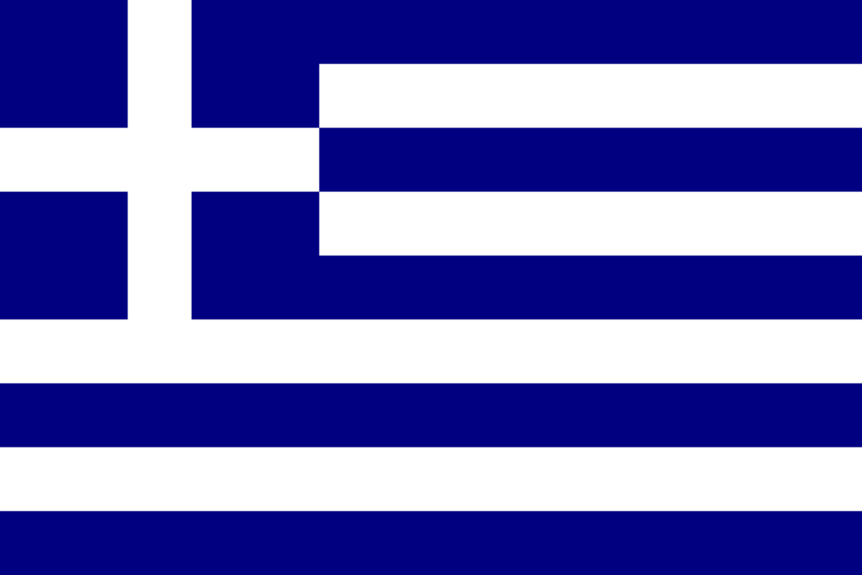Celeste Tat, Marketing Manager with KAE International Movers in Greece, offers some advice to moving companies with customers heading off for a new life in the Greek islands.
An increased number of people are moving to the Greek Islands. They are mostly retirees or digital nomads. Surveys show that Greece is one of the top destinations for digital nomads. They are lured by the dream of a holiday in Greece with the benefits of technology. This means they can work and stay for months or even years, Greece is also among the top 10 best places in the world to retire in 2024, according to the 2024 Global Retirement Index by International Living. For Brits, Greece is an especially attractive destination, and the country that experienced the biggest increase in popularity for those looking to retire abroad there. With their healthy Mediterranean food, endless beaches, and ideal weather, the Greek islands are offering the perfect location for a second home.
The Greek islands are, without doubt, beautiful, but there are challenges for people moving there and the companies who move them.
- ● Lack of infrastructure: Small islands, especially the popular Cyclades, may have poor or limited roads, bridges, ports, and other facilities. This can increase the cost, time, and risk of moving trucks.
- Regulatory and logistical barriers: Customs clearance, quarantine procedures, security checks, and fuel availability can be problematic. These barriers can create delays, inefficiencies, and uncertainties for truck drivers and operators. They can also increase the complexity and cost of inter-island transport.
- No cars allowed: The islands of Spetses, Hydra, and Alonissos have banned cars.
- Bureaucracy: The Greek bureaucracy can be slow and complex, which can make it difficult to navigate paperwork and administrative processes.
- Language difficulties: While English is widely spoken in Greece, it is important to have a basic understanding of the Greek language. If one does not speak Greek, it may be difficult to communicate with the local staff.
- Negotiation style: Greeks tend to be more direct and assertive in their communication style. This may come across as aggressive or confrontational.
These difficulties can be overcome, but it is essential that moving companies select a local agent with the right knowledge. For example, at KAE International, before any Greek move we connect with the local team to get information regarding the area, the terrain, the access conditions, and any other extraordinary conditions. A supervisor who speaks Greek and English will be appointed to inform the customer during the move.
It’s also necessary to use the right tools for transporting goods on islands where, for example, trucks can’t pass, or where vehicles are banned. Some of the most commonly used include:
- Dollies and hand trucks: These are simple, two-wheel hand-operated trucks or trolleys, usually with a metallic frame and a toe-plate. They ease the transportation of small items.
- Pallet jacks: These are used to transport materials that have been stacked on pallets. Pallet jacks have twin forks, which slide under the pallet.
- Walkie stackers: These are motorised versions of pallet jacks and can lift pallets to the second shelf of a warehouse stacking system. They are ideal for small-capacity items, indoor use, and on concrete floors.
- Platform trucks: These are frames and platforms on wheels that can be stacked by hand when many small items require transportation or can be loaded using another item of material handling equipment.
- Mini trucks: These are ideal for small moves or limited volumes of goods and can easily navigate narrow island streets and residential areas on the smaller islands.
- Light commercial vehicles: These are suitable for moving moderate volumes of goods and can handle medium to long distances. They are ideal for bigger islands like Crete and Rhodes.
- Three wheelers: Several Greek manufacturers build 3-wheel utility vehicles which can be classified either as motorcycles or trucks, and they can be found on all the Greek islands.
So, even if your customer is going to one of the remote Greek islands, with the right equipment and know-how, the move can be completed successfully. The trick is choosing a mover who knows how to do it.

